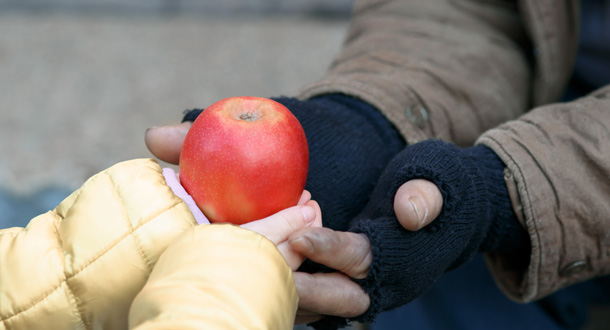 Scripture:
Scripture:
Reflection:
Today’s statement by Jesus is very startling. “He who is least among you all is the one who is great.” How can the least among us be great? Aren’t the great people the rich and famous, the entertainers and sports figures, the elected politicians and business tycoons? How can a child who just learned how to read and write and hasn’t accomplished anything yet be great? How can a homeless person barely existing on the streets be great? How can a humble car wash attendant be great?
The answer comes in the earlier part of Jesus statement. “Whoever receives this child in my name receives me.” Jesus unites himself with the poor and lowly, the “least of my people” (Matthew 25:40), as he says in Mathew’s gospel. True greatness is not the result of accomplishments, good looks, fortune or fame. True greatness comes from union with Jesus. We are called to share in his greatness.
At Cana Jesus performed his first miracle, transforming ordinary water into delicious wine. That was a sign that he came upon this earth to transform us. He came to lift us up out of our lowly human condition and let us share in the greatness of his life.
Are you looking for Jesus? Do you want to encounter him today? Receive a child. Reach out to the homeless. Wave at the guy shining shoes. Praise the gardener for his good work. Call the cashier by name. Tell a joke to the waiter. What the world calls “nobodies” are really “somebodies” in God’s eyes. And these “somebodies” are all around us. We can encounter Jesus all day, every day. Wouldn’t that be great? Wouldn’t that make us great?
Fr. Alan Phillip, C.P. is a member of the Passionist Community at Mater Dolorosa Retreat Center, Sierra Madre, California. http://www.alanphillipcp.com/

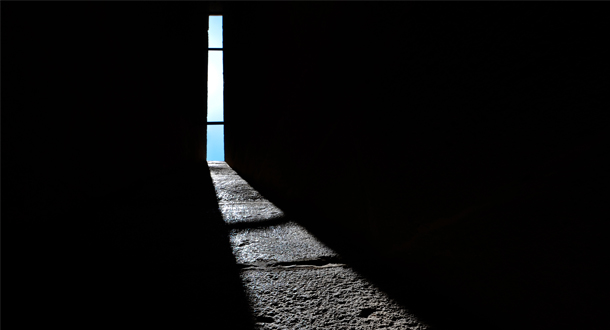
 Scripture:
Scripture: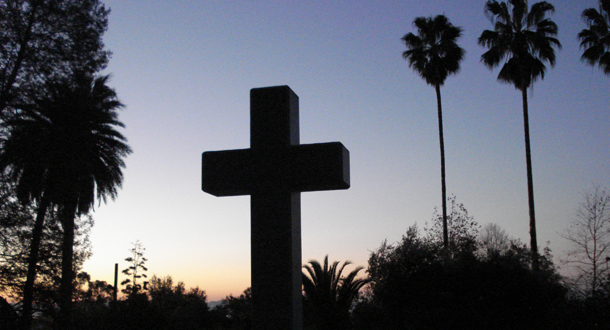 Scripture:
Scripture: Scripture:
Scripture: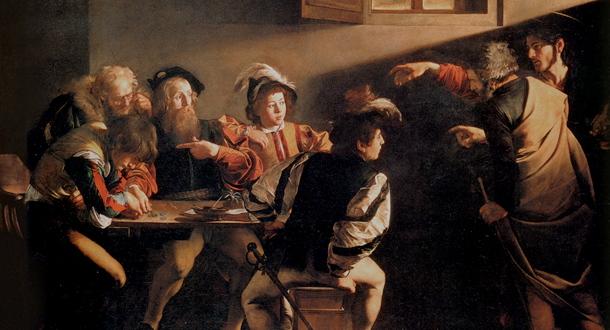
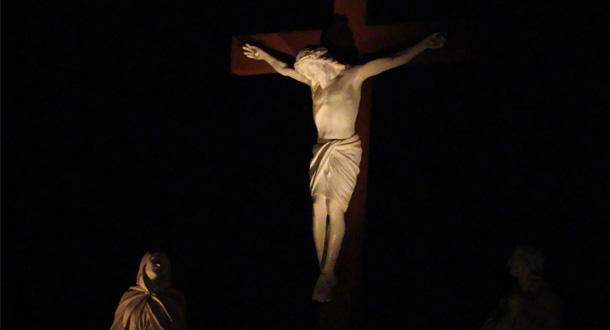 Memorial of Saint Andrew Kim Taegŏn, priest and martyr and Saint Paul Chŏng Hasang, martyr, and their companions, martyrs
Memorial of Saint Andrew Kim Taegŏn, priest and martyr and Saint Paul Chŏng Hasang, martyr, and their companions, martyrs Scripture:
Scripture: